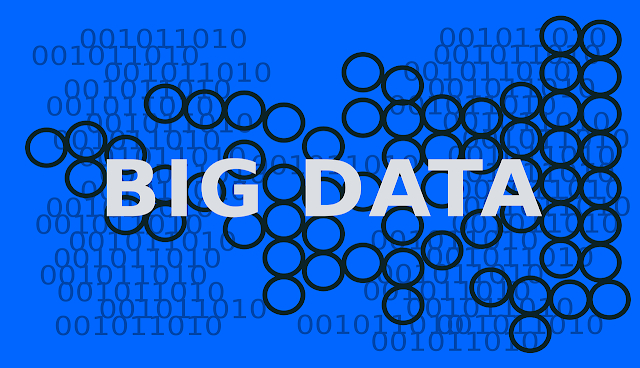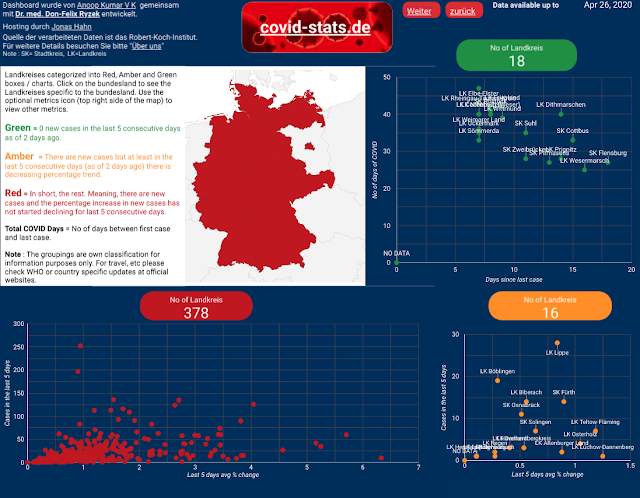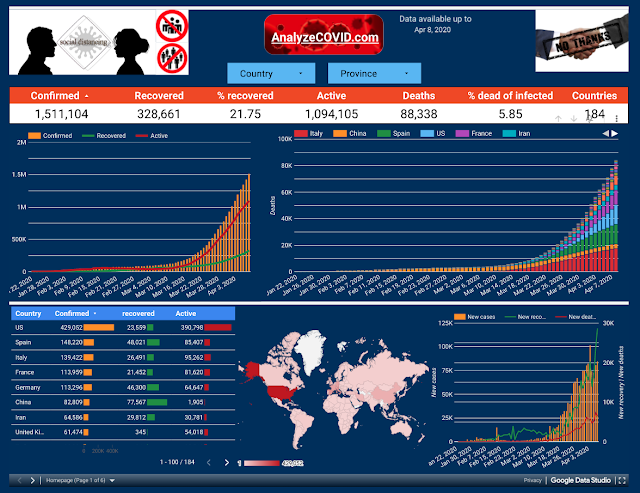Big data is a big distraction

In my view, Big data is a big distraction, especially when full value has not yet been extracted from the set of data that is not big data. Big data requires big investments, big teams, big timelines, but whether big value will be derived from so-called big data is still a question mark. I don't disagree that dealing with so-called big data is a big challenge, it may motivate, make it look fancy and also challenge some technical people, however, question remains, does it bring big return on investments for the business? Happy to be proven wrong. Open to learn. I would like to get some real examples of big data investments - please don't point to abstract articles in some random blogs which doesn't have the details, the details I am looking for are: 1) Why did the project term it as a big data investment, what makes it big data? What exactly makes it different from a BI or Analytics investment? 2) How much was spent? Total cost that includes people or talent cost and all th...
















